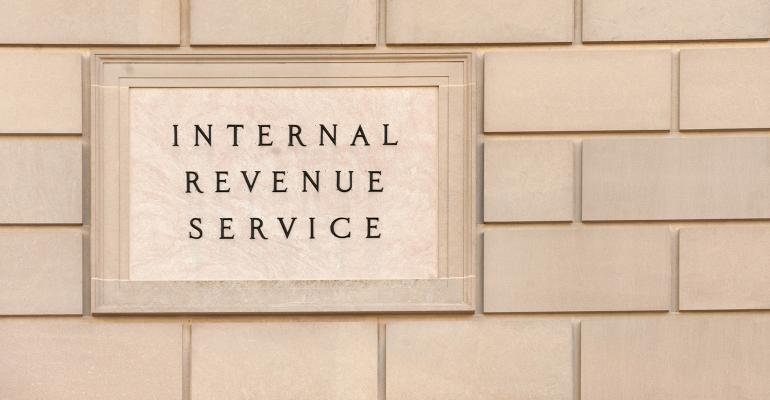Starting on Feb. 12, 2022, practitioners and their clients will no longer be able to obtain estate tax returns that are older than 40 years from the Internal Revenue Service, according to a new policy announced by the IRS.
In keeping with a June 2019 memorandum by the National Archives and Records Administration, which announced new goals for electronic record-keeping, the IRS will reduce the period it holds on to archived estate tax returns from 75 to 40 years. Once NARA approves the shorter retention period, the IRS will destroy estate tax and related gift tax returns in the Federal Records Centers that are older than 40 years.
Should estate planners be concerned about this new policy? Not really, says attorney James Dougherty of Dungey Dougherty PLLC.
Dougherty says he’s never had to request an estate tax return that’s older than 40 years.
Although there may be some limited situations in which an older return might be needed, Dougherty explains that the main reasons for getting old returns from the IRS are: (1) to look for the basis of certain assets, but returns older than 40 years aren’t subject to the mandatory basis consistency rules under Internal Revenue Code Section 1014 (f), so they aren’t absolutely needed (although they may be instructive); (2) to figure out the deceased spousal unused exemption amount for portability purposes, but given that portability applies only for decedents dying 2011 or later—these really old returns are irrelevant; and (3) to comply with an auditor’s request for an estate tax return of a previously deceased spouse, but it’s rare for an auditor to request such an old return.





